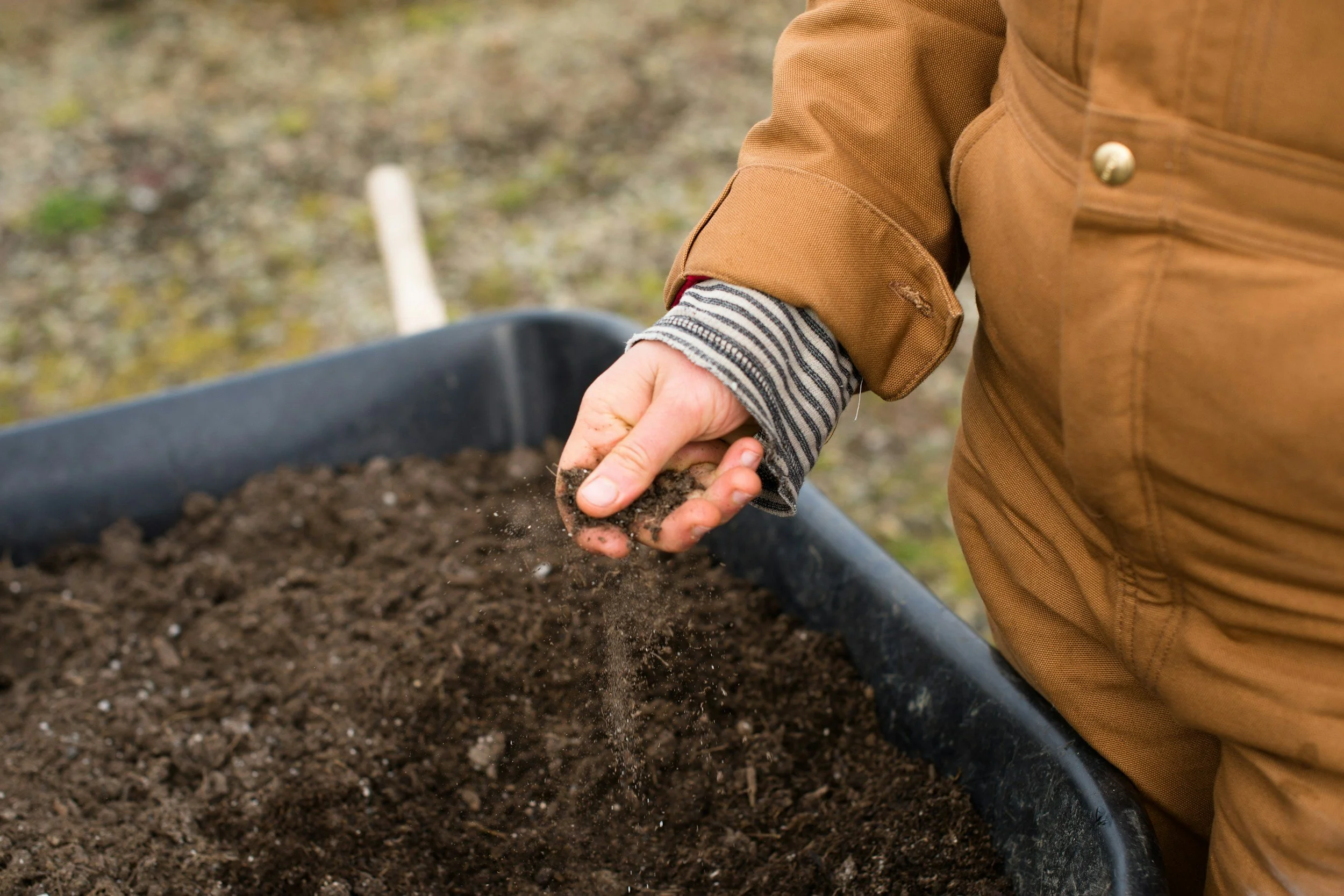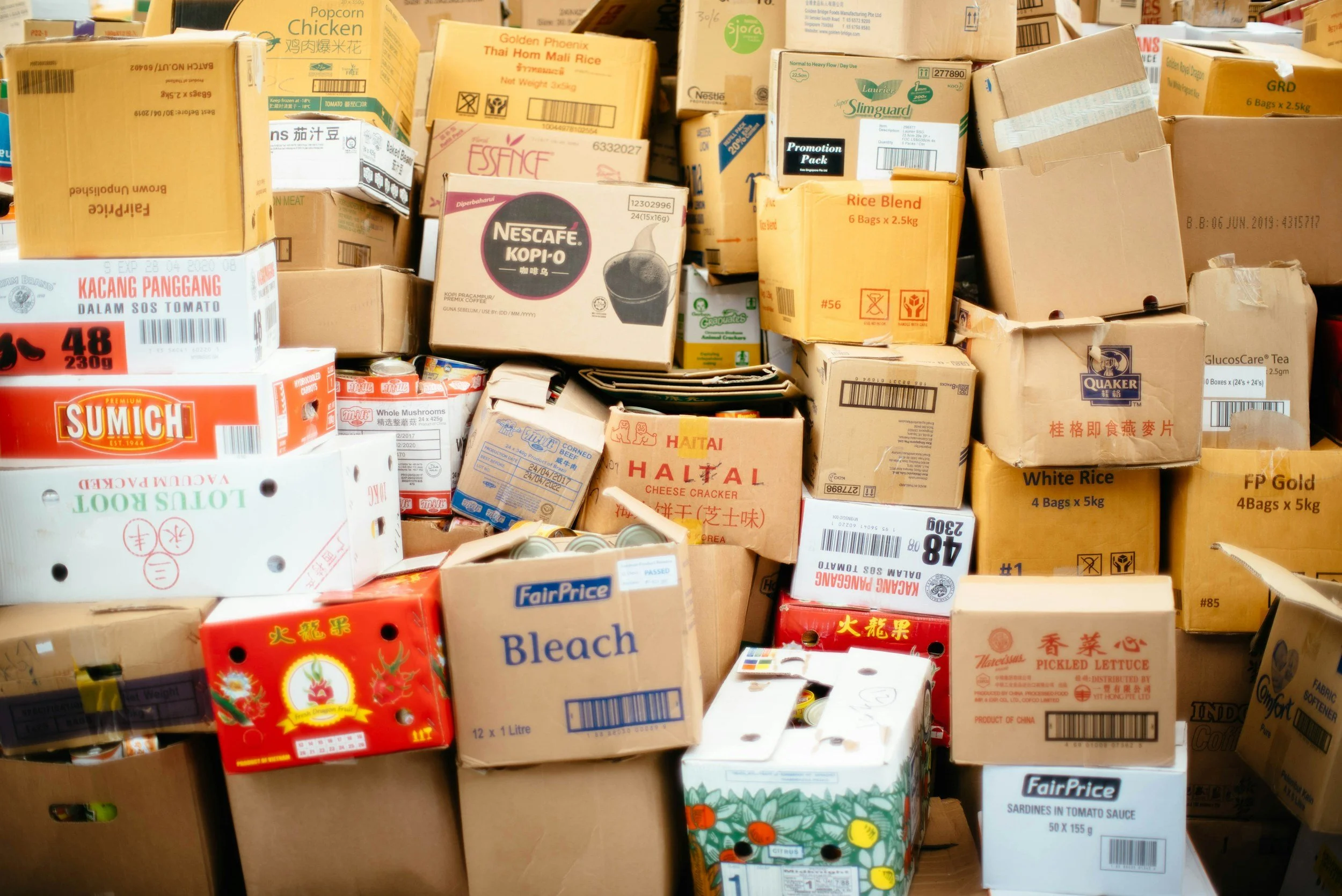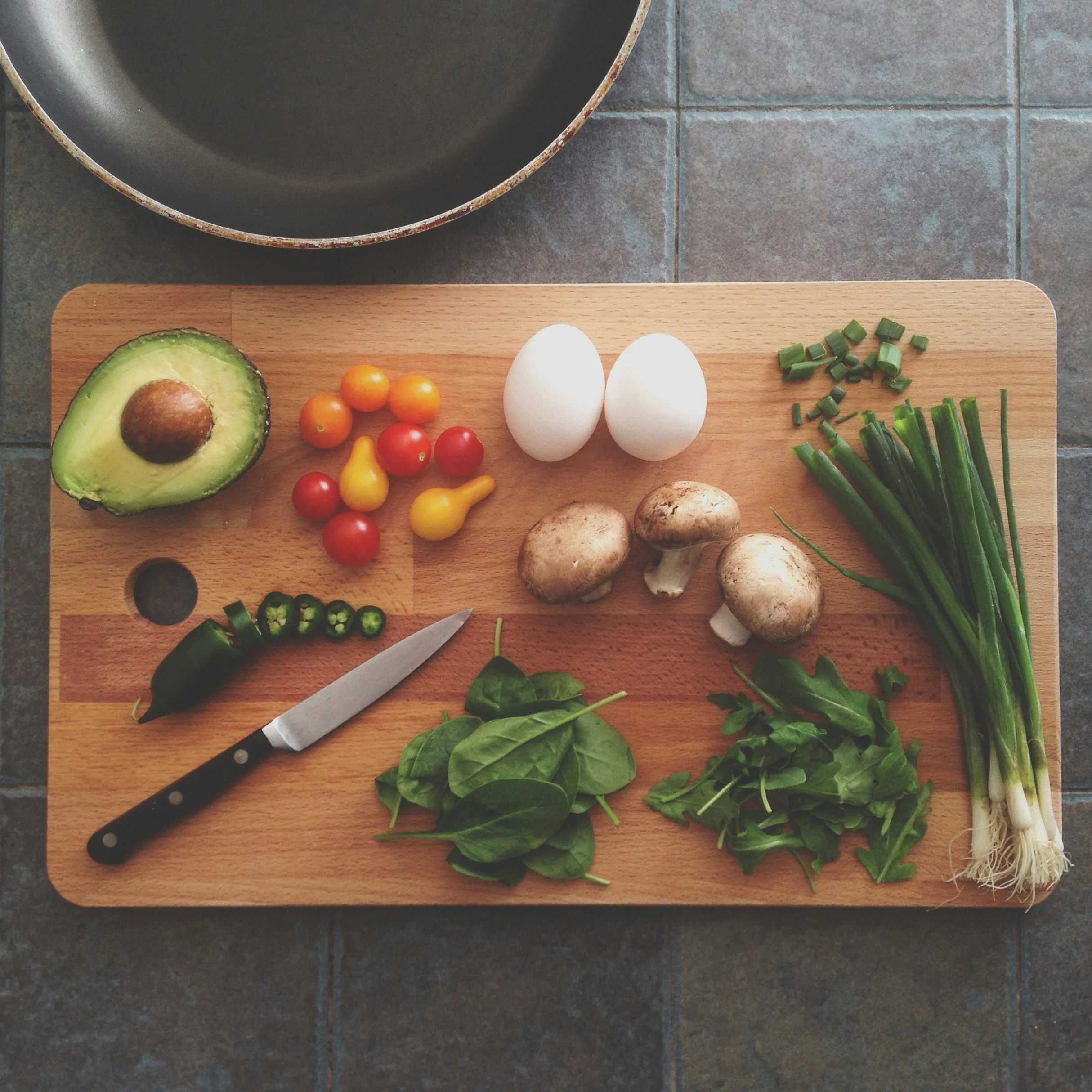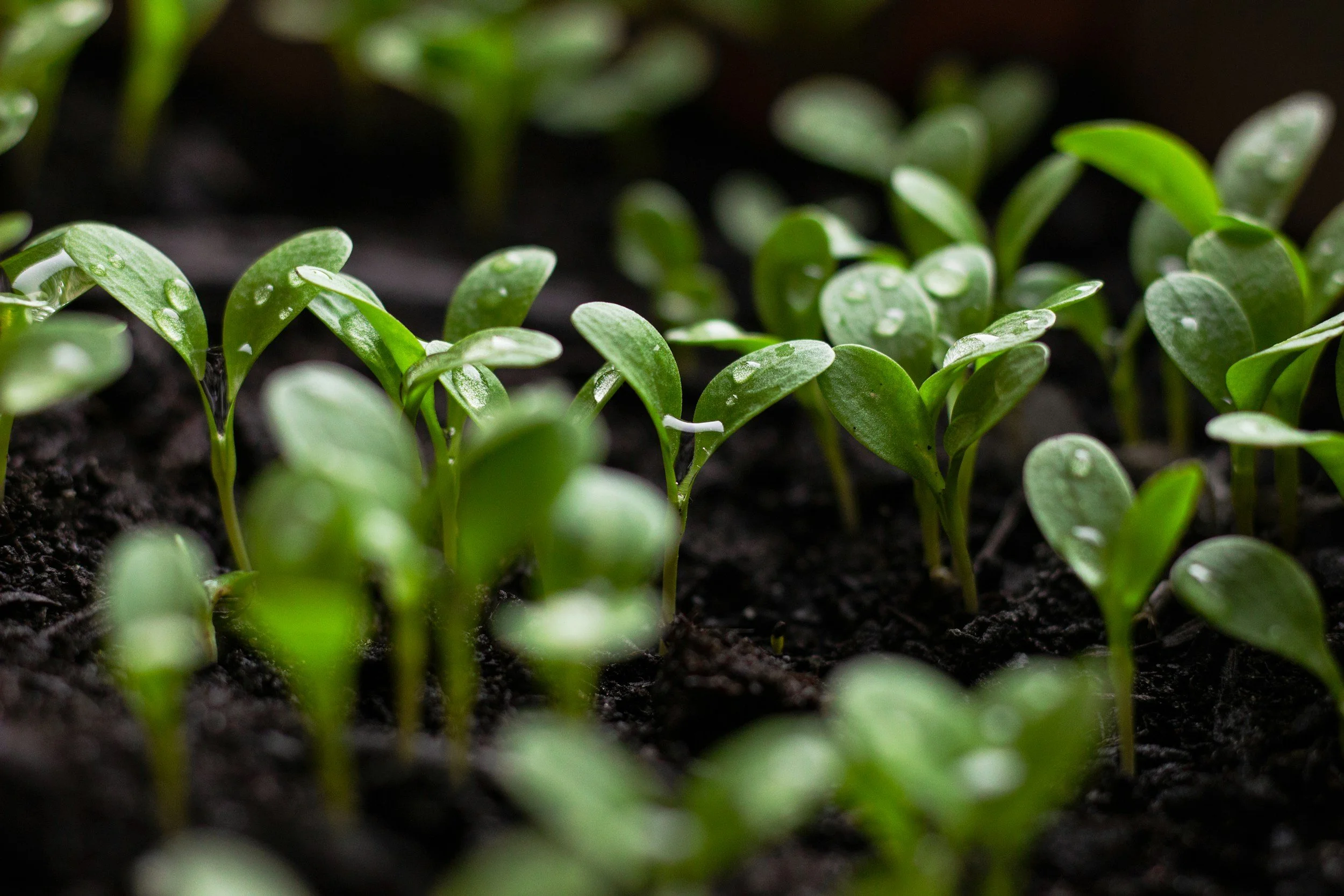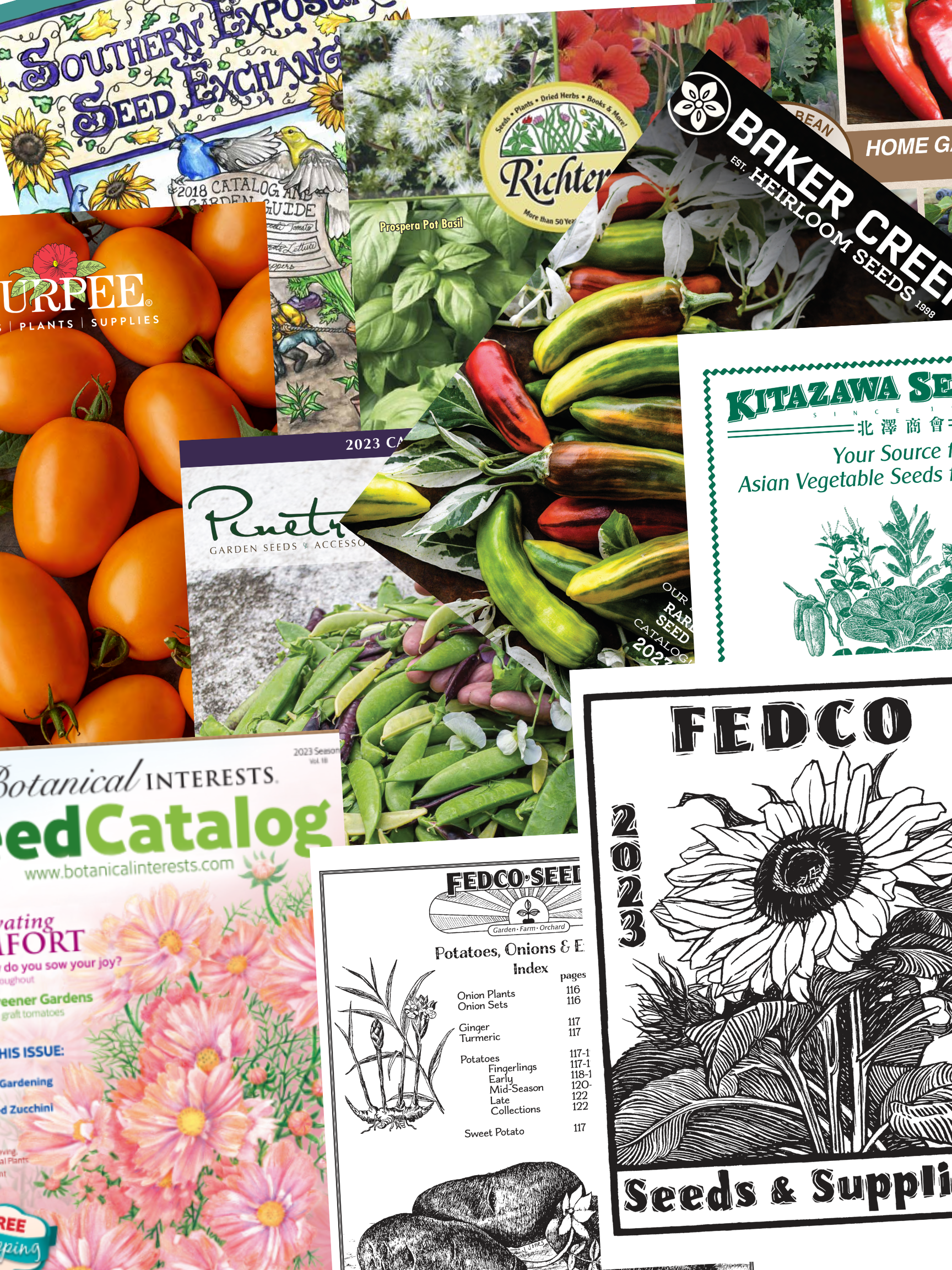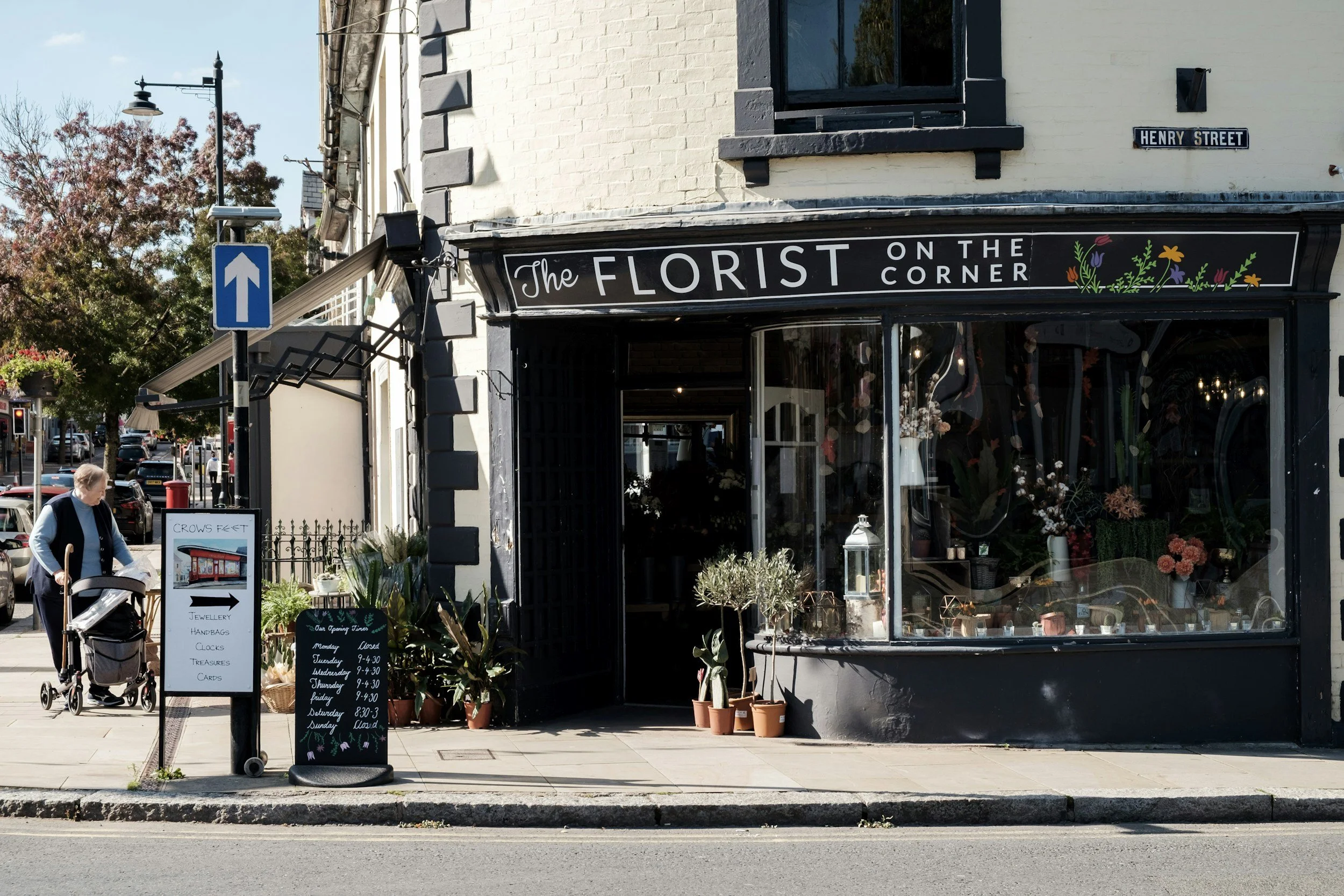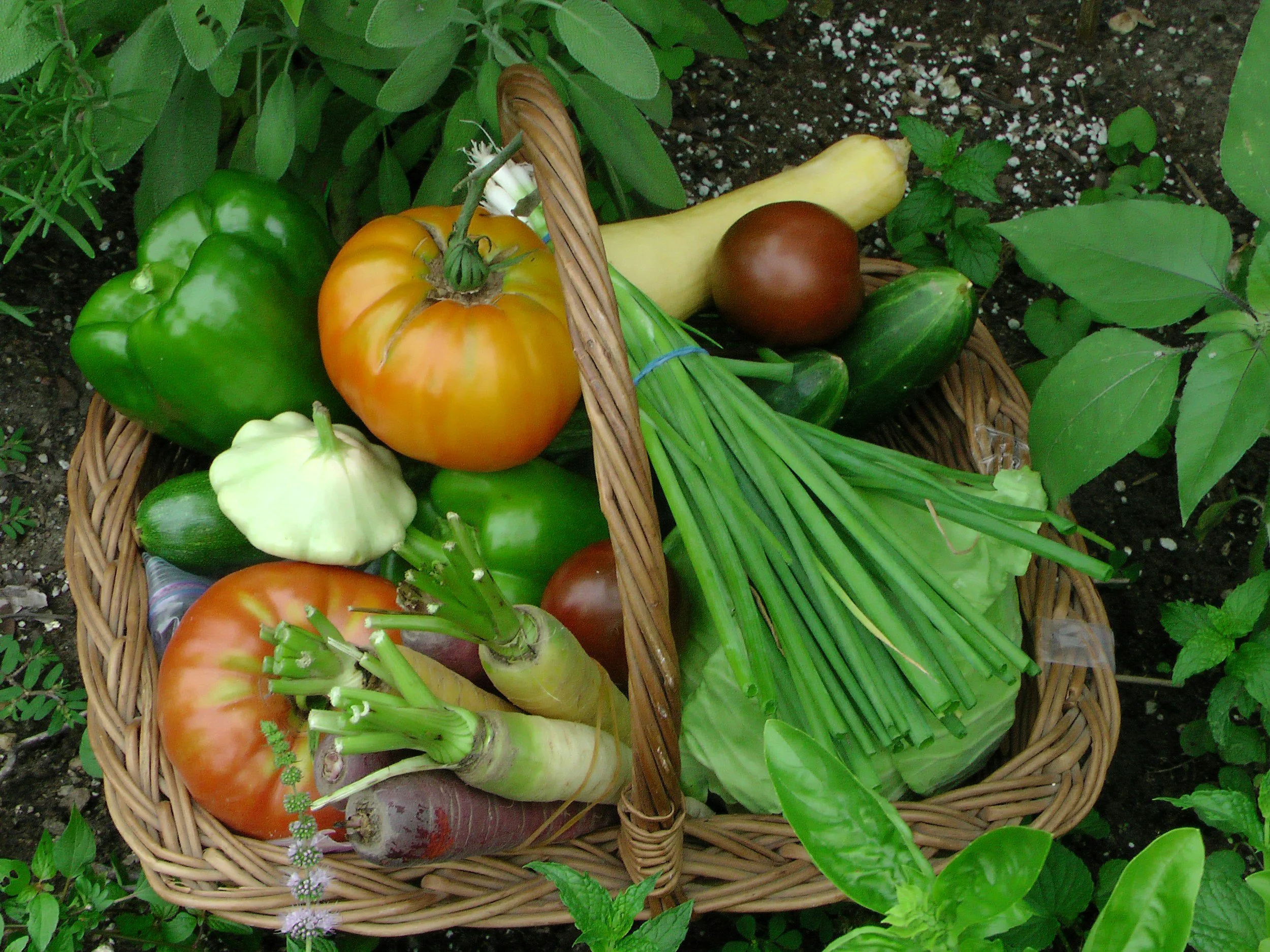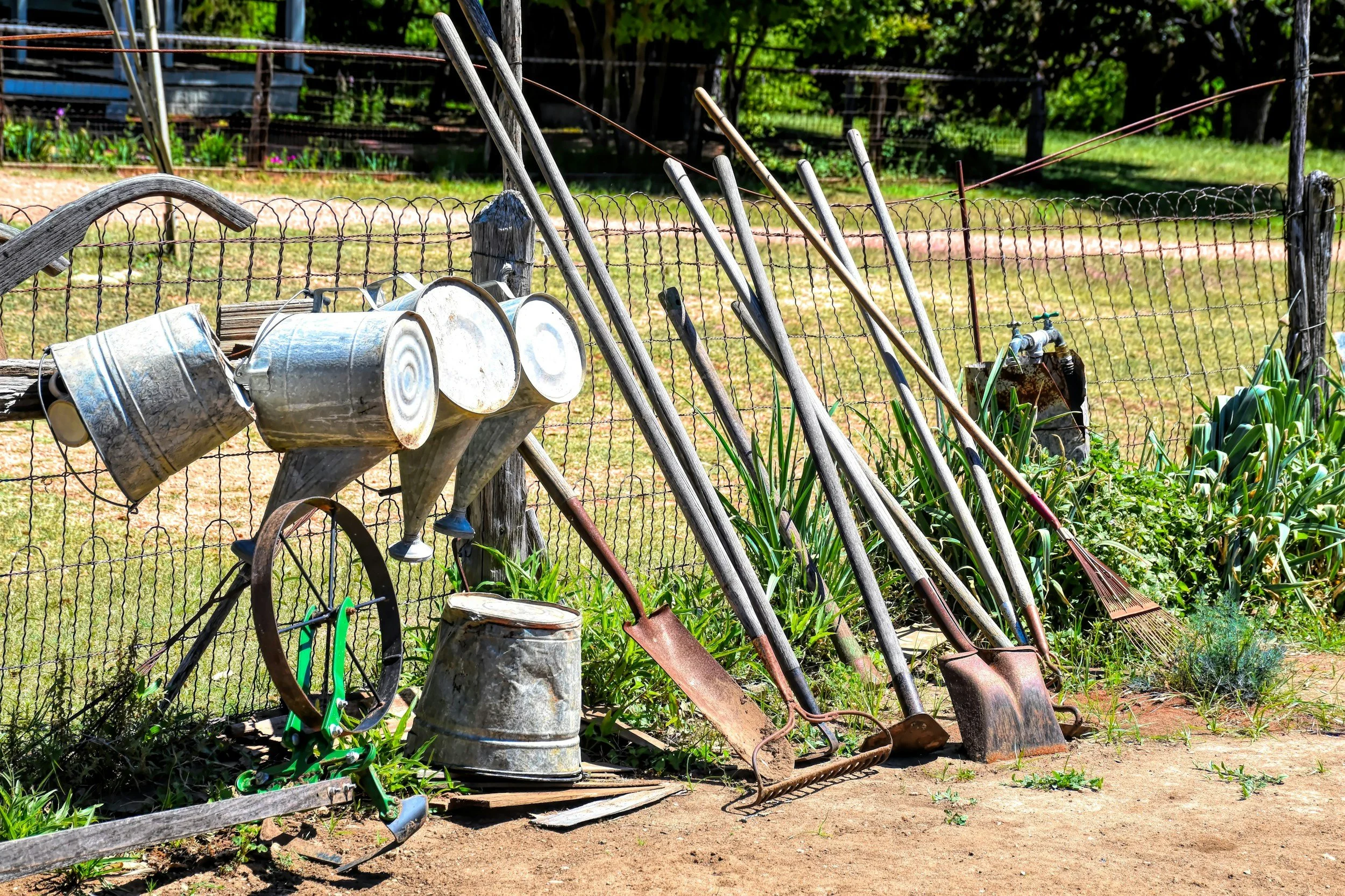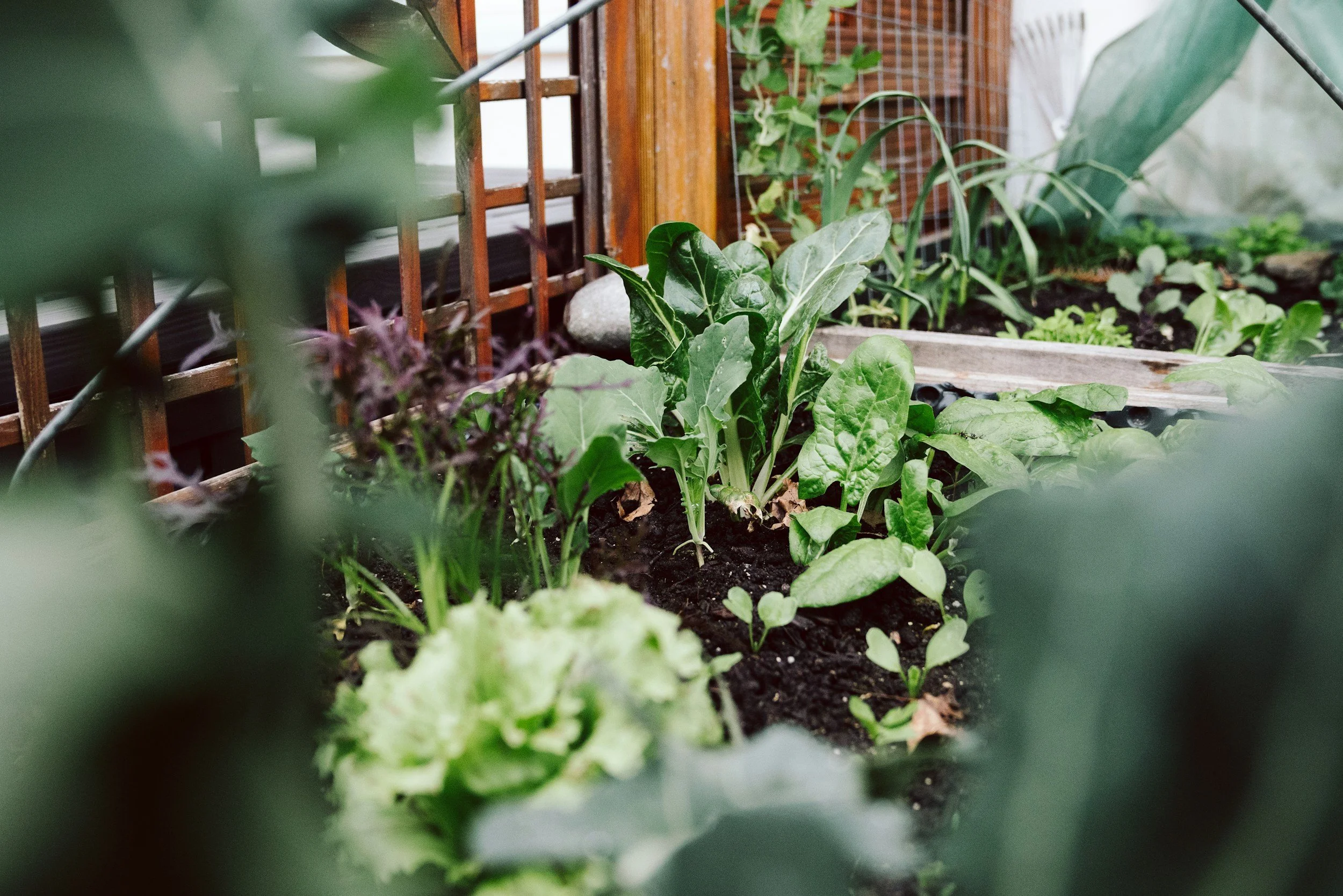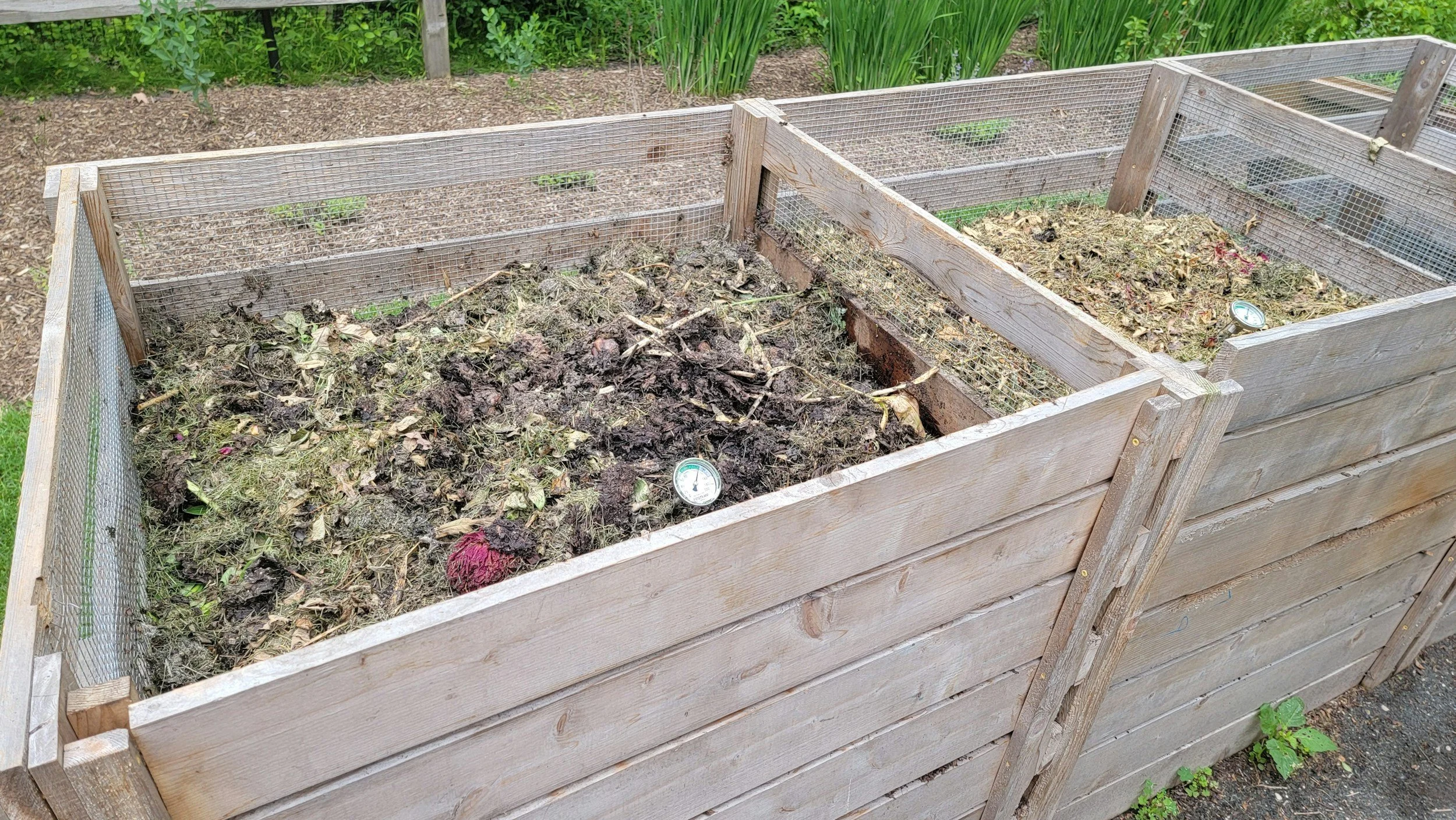5 Nutrition Tips for Strong Bone Density
/Guest post by Michele Lowe
Bones are arguably the most crucial feature of our body, so we should be putting effort into keeping our bones healthy. Bones protect our internal organs and maintain the structure of our bodies. By the age of 30 our bones reach their highest density, which is why it is important to follow good nutrition guidelines starting young. If bones do not have enough mass, they become fragile and easily broken. Lower bone density also increases the risk for developing conditions like rickets and osteoporosis later on in life. But with exercise and a regular nutritious diet, healthy bone density is easily maintained. There are many nutritious food items available that will help strengthen your bones; we will cover the important ones in this article.
Foods that support stronger bones:
Calcium and other bone minerals are key ingredients of our bones. If we maintain a healthy diet with enough calcium, we can prevent our bones from thinning . Vitamin D is also essential for our bodies to absorb the calcium. Vitamin D also gives a boost to our immune system. Here we have made a list of some nutritious foods that will help you develop stronger bone density.
1. Eat Calcium-rich food items
As mentioned, calcium is very important for healthy bones. This means you have to make sure you are getting enough calcium in your diet. Dairy products like milk, cheese, cottage cheese, and yogurt are rich in calcium. Adults need at least 1000 mg of calcium per day. However, 1300 mg of calcium is crucial for growing children, and for older people, it is 1200 mg per day. Surprisingly, if you take a portion of food with 500 mg of calcium, your body will not be able to absorb it all. The absorption rate is much higher with small amounts. It is better to include a calcium-rich food item with every meal. Some people opt for supplements instead of taking calcium through their food. But doing this can increase the risk of heart diseases. So including high-calcium foods throughout your diet is the best way to go.
2. Use kratom strains for stronger bones:
Kratom strains are comparatively new in the wellness world. Kratom strains are the dried leaves and stems of Mitragyna speciosa plants. They are a great food to strengthen weakened bones. According to some studies and research, there are cheaper option of kratom powder that potentially aids in speeding up the healing process of fractured bones. There are different kratom strains with a long list of therapeutic benefits. Many of these strains can help you mend broken bones and prevent further fractures. Daily use can also help you gain bone strength. Another benefit is that they also work as an analgesic, or natural painkiller. So if you feel pain due to a fracture, this could be a remedy to help you relieve the pain and get better faster.
3. Add more vegetables to your diet:
You probably already know how crucial it is to eat your greens. Cruciferous veggies, otherwise known as leafy green vegetables, are rich in Vitamin K, and Vitamin C, which are both bone-strengthening minerals. Vegetables can also be a great added source of calcium in your diet. If you are vegan or lactose intolerant, veggies can be a great way to get your calcium in. Vitamin K bolsters your bone health and works with calcium to build stronger bones. Some scientists believe that the antioxidant properties of Vitamin C protect bones from damage. Adding some cruciferous vegetables like kale, broccoli, spinach, cabbage, and turnip greens to your diet can aid in overall bone health. Women over the age of 40 are especially prone to lose bone density and muscle strength. Eating lots of greens can prevent osteopenia (low bone mass) and osteoporosis (brittle bones). You could incorporate new ways of consuming greens like drinking kale juice or stir-frying some veggies to strengthen your bones.
4. Increase your Vitamin D and Vitamin K intake:
Vitamin D and Vitamin K play a significant role in maintaining bone health. They help the bones absorb calcium. The largest source of Vitamin D, also known as the “sunshine vitamin,” is, fittingly, sun exposure. You can also acquire it from foods such as fatty fish like tuna, salmon, and rainbow trout . Cheese and liver are also good sources of Vitamin D. More than one billion people suffer from Vitamin D deficiency. Finding ways to include it into your diet is important, especially for keeping your bones healthy.
MK-4 and MK-7 are the two most commonly-known forms of Vitamin K. Eggs, meat, and liver work as a source of MK-4, whereas MK-7 can be found in sauerkraut, cheese, and soybean products. Some studies suggest that MK-7 can be more effective in increasing Vitamin K levels in the blood.
5. Nuts, seeds, and beans contain loads of bone-strengthening minerals:
Nuts are full of vitamins and essential bone minerals. They are a great source of magnesium and phosphorus. Since bones and teeth take on more than half the amount of phosphorous in our body, nuts can be a great way to help bone strength. Walnuts, almonds, peanuts, and others are good sources, but almonds have been found to be the best for bone density.
Like nuts, seeds also contain plenty of calcium, magnesium, and phosphorus. Seeds have omega-3 fatty acids and fiber. They help lower cholesterol, reduce inflammation, and keep your nervous system running smoothly. Adding some chia seeds, pumpkin seeds, flax seeds, or sesame seeds will greatly benefit your bone health.
Beans are an excellent t source of protein and fiber and can be an especially essential source if you are a vegan. In addition to that, bone minerals can be found in all types of bean, such as kidney beans, black beans, or edamame.
A final word on the importance of bone health
Bone strength is not a thing to overlook. Most people ignore their bone health and do not care until it is too late. The signs of lower bone density can be hard to identify at early stages. So, you have to take care of your bone health. This can be done by eating a healthy diet full of nutritious foods targeted to increase bone protection. Giving children enough bone-strengthening foods in their growth years is also an essential part.
You want to make sure you are eating enough protein regularly because bones are 50% protein. Having a low-calorie diet can not only slow down your metabolism and cause you to lose muscle mass, it can also affect your bone health. It's also important to try and maintain a healthy weight, because lower body weight can contribute to lower bone density, and obesity can reduce bone quality and increase the risk of fractures. Take steps to become educated and keep a diet that supports healthy bone development and strength.
Michele Lowe is a proficient content writer with comprehensive experience of 10+ years in the CBD vertical. She is known for her writings in the Cannabidiol industry. She has covered almost all the aspects of Cannabis, CBD, and related matters in her work. Holding a master’s degree in journalism from Boston University, she has always been passionate about writing and gradually moved towards CBD because of its emerging benefits and uses.







